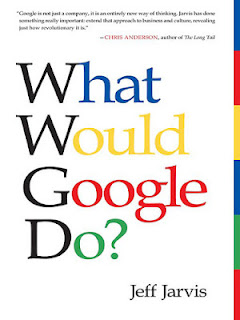Back in 1983, I wrote a fan letter to an Australian
author named Randolph Stow, whose novel, To
The Islands, I had read for a university course. This was the one and only
fan letter I ever wrote to an author whose work I admired.
I expected a reply from Stow, but as the weeks turned
into months, it became apparent that a return missive wasn’t in the cards. It’s
possible that Stow never received my letter in the first place (I lived in
Toronto, he in Australia).
Daniel Mendelsohn had a more fortunate experience with a
fan letter. In 1976, after discovering the novels of Mary Renault, 15 year-old
Mendelsohn sent Renault a letter (he lived in New York, Renault in South
Africa). To Mendelsohn’s surprise and delight, Renault responded,
not with an expected form letter but a personalized letter.
The young Mendelsohn and the best-selling author carried on a correspondence that lasted eight years. The story behind this unlikely correspondence forms the basis of Mendelsohn’s fascinating article in the January 7 New Yorker. The article is a tribute to Renault: how her fiction and letters inspired Mendelssohn’s career as a writer and helped him grapple with his own sexuality.
The young Mendelsohn and the best-selling author carried on a correspondence that lasted eight years. The story behind this unlikely correspondence forms the basis of Mendelsohn’s fascinating article in the January 7 New Yorker. The article is a tribute to Renault: how her fiction and letters inspired Mendelssohn’s career as a writer and helped him grapple with his own sexuality.
Mendelsohn’s article is a touching tribute to a friend
and literary mentor, someone who obviously had a significant influence on a
young man struggling to find his place in the world, both emotionally and
intellectually. Mendolsohn is a fine writer who brings an incredible
sensitivity and emotional depth to his work. I look forward to reading more of
his work in the New Yorker and
elsewhere.
After reading Mendelsohn’s article, I went out and bought
two of Renault’s novels, Fire From Heaven
and The King Must Die. Renault is
best known for her historical fiction novels set in ancient Greece, and I’ll be
reviewing one of those novels in the weeks ahead.





